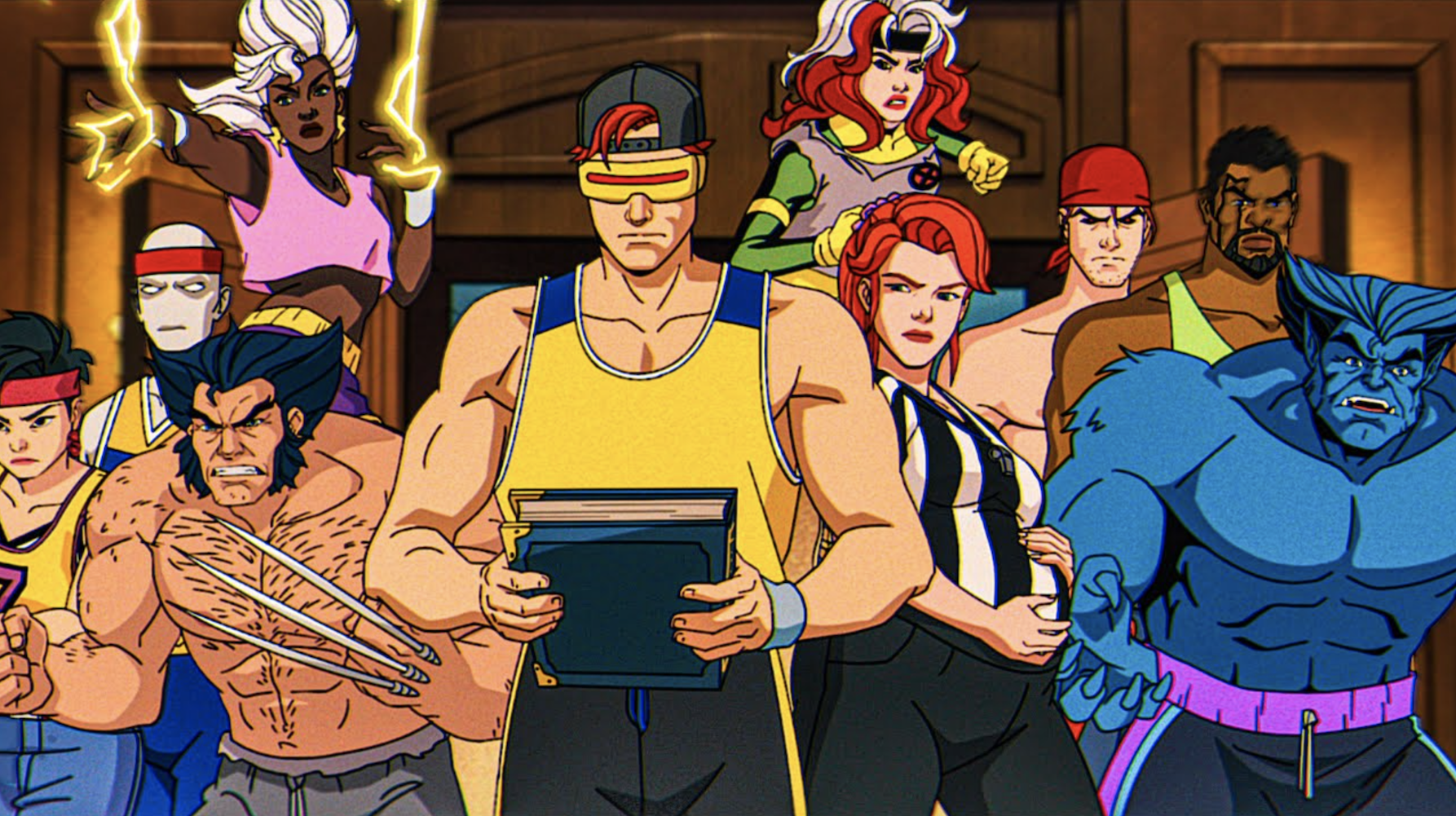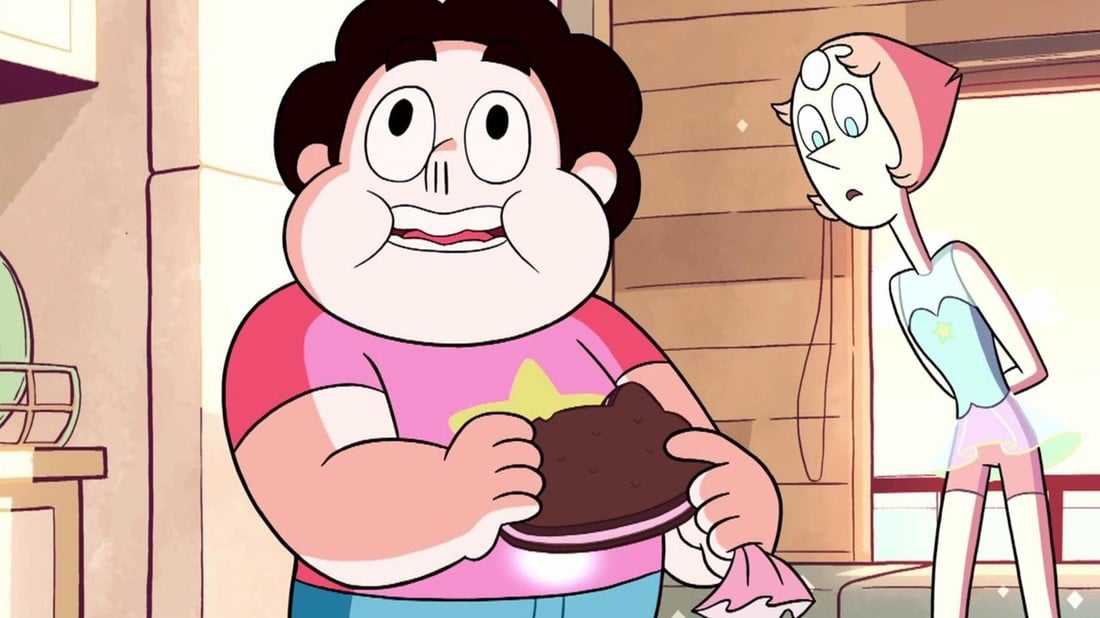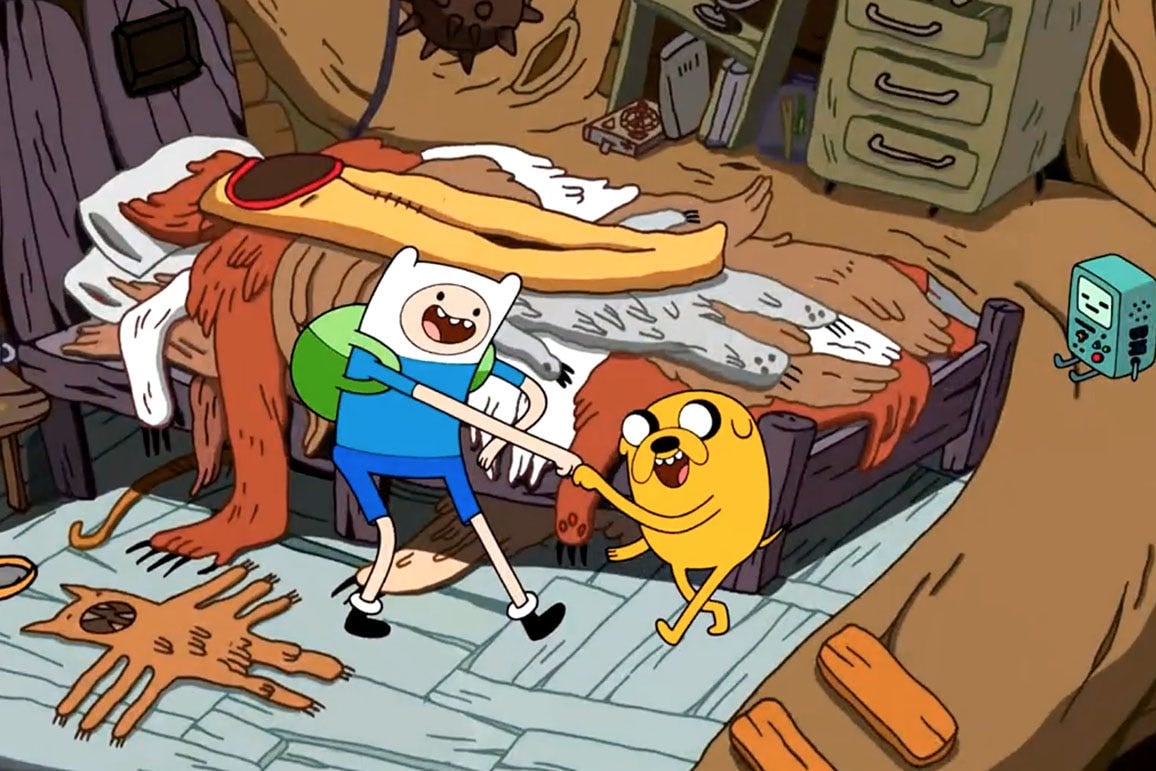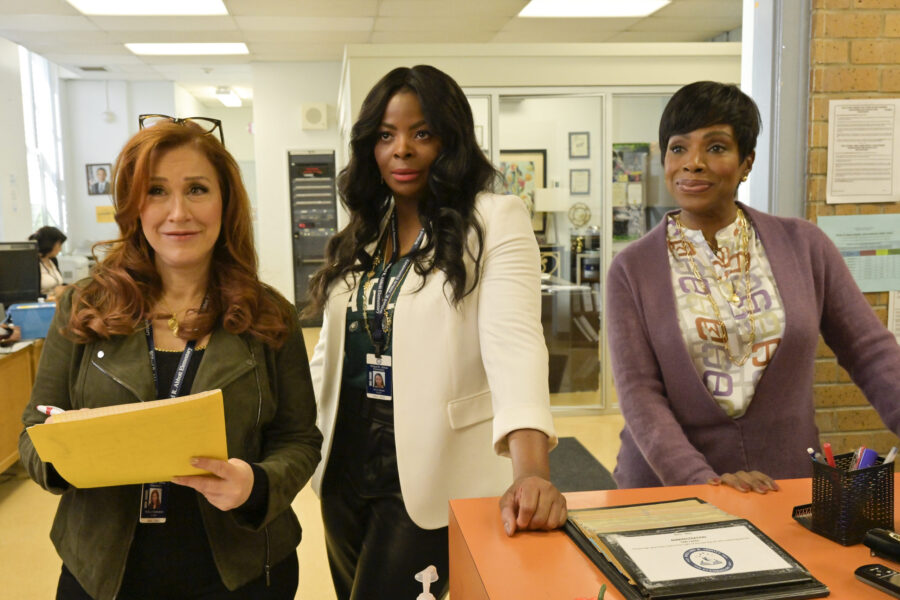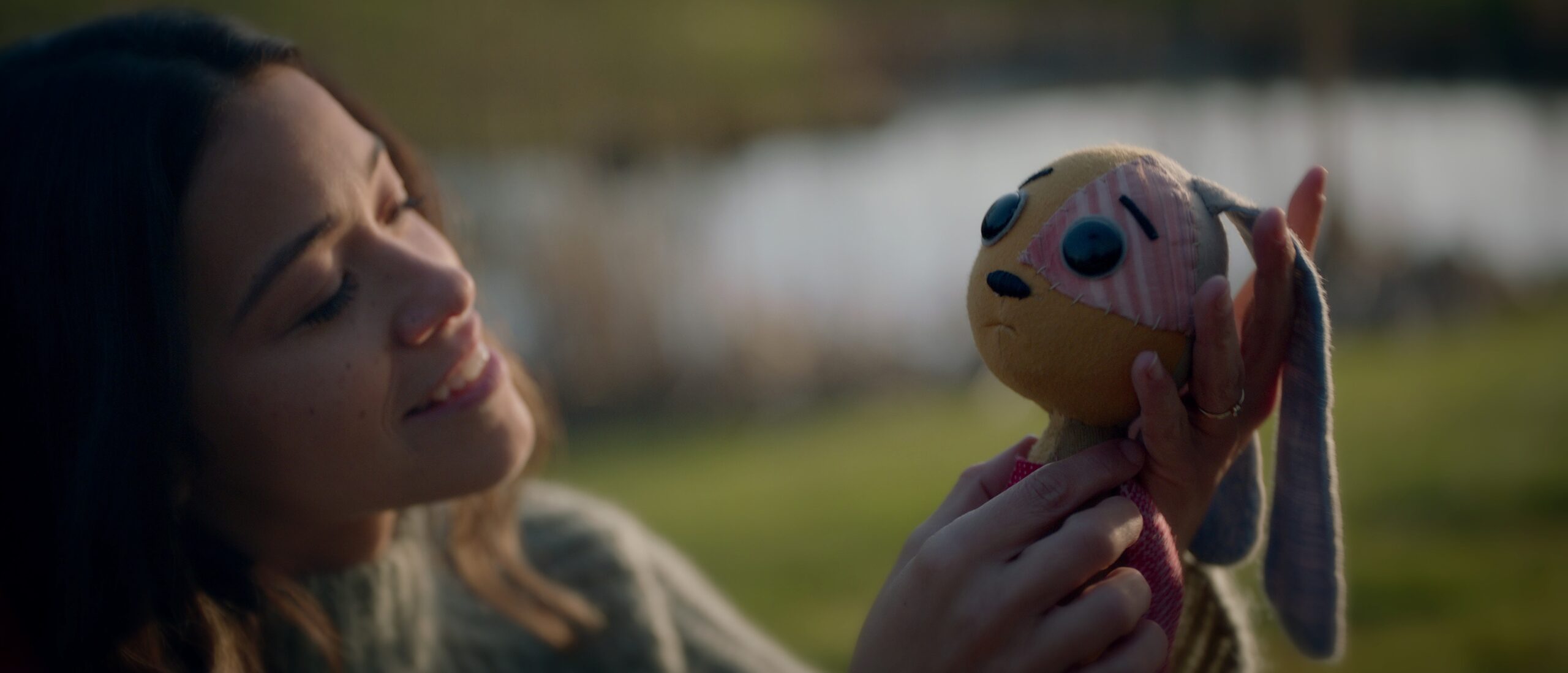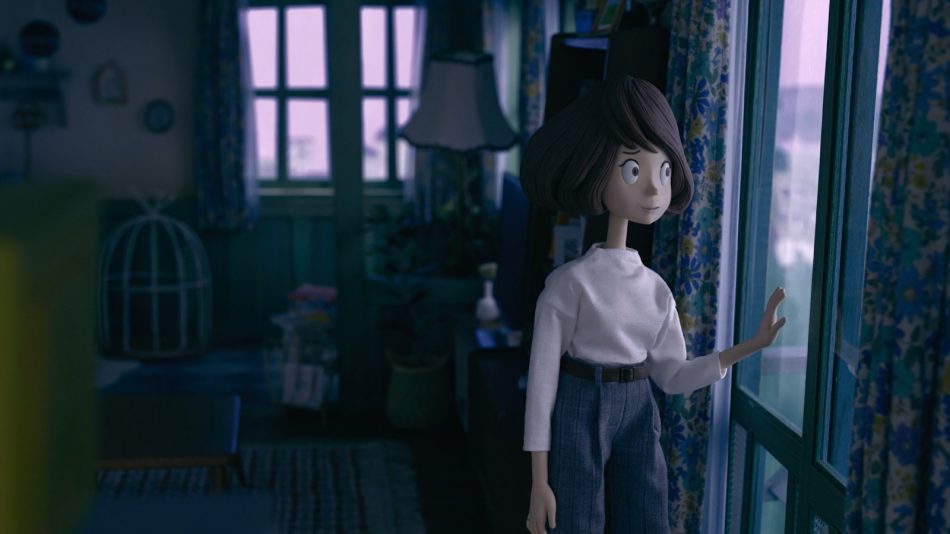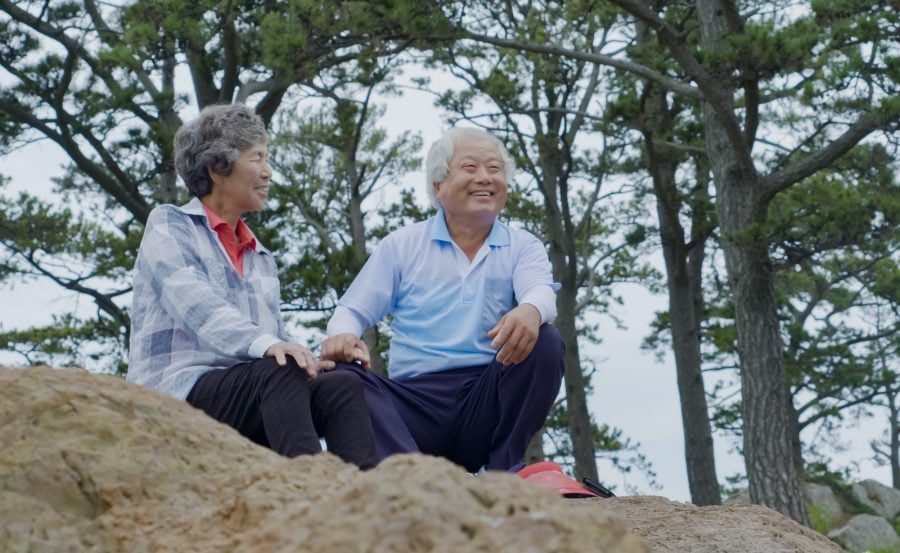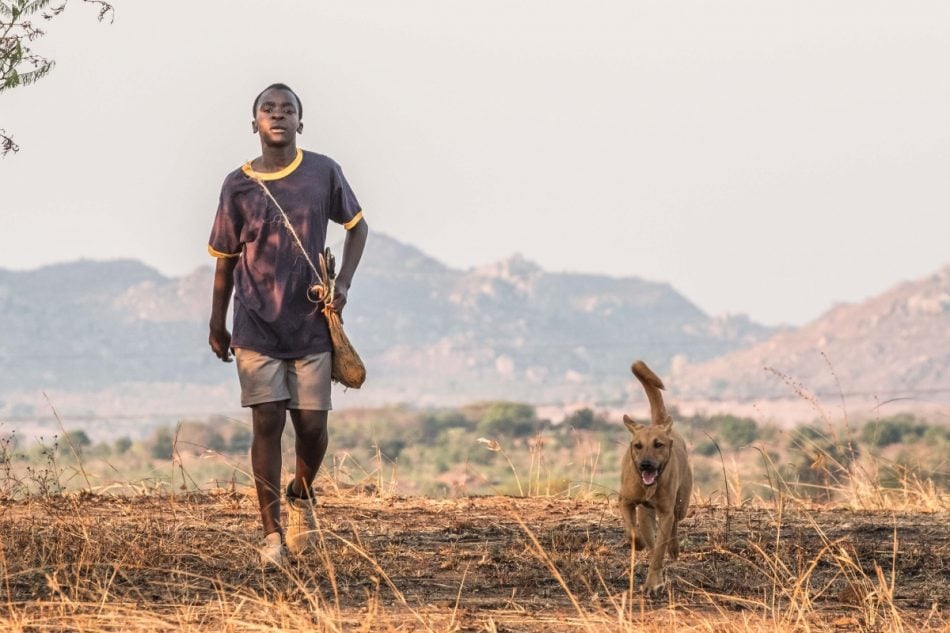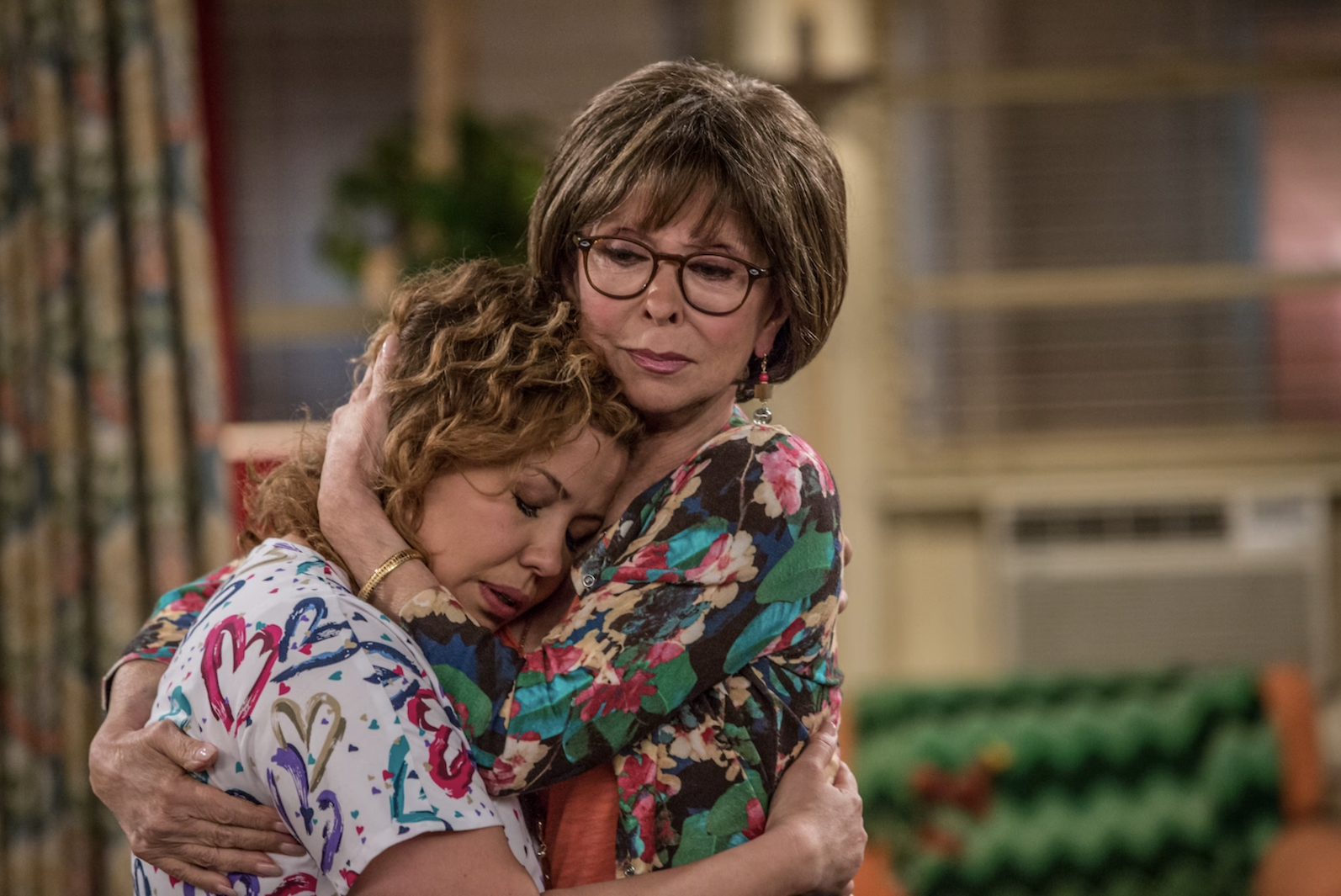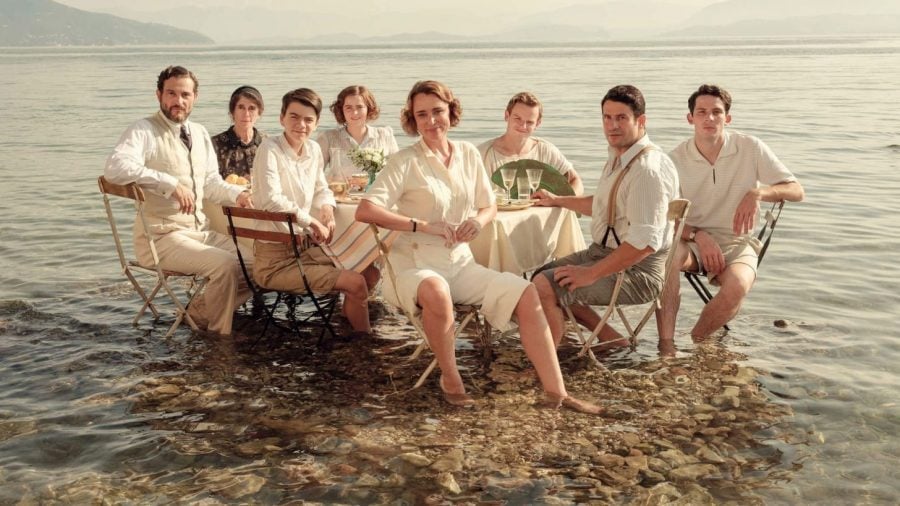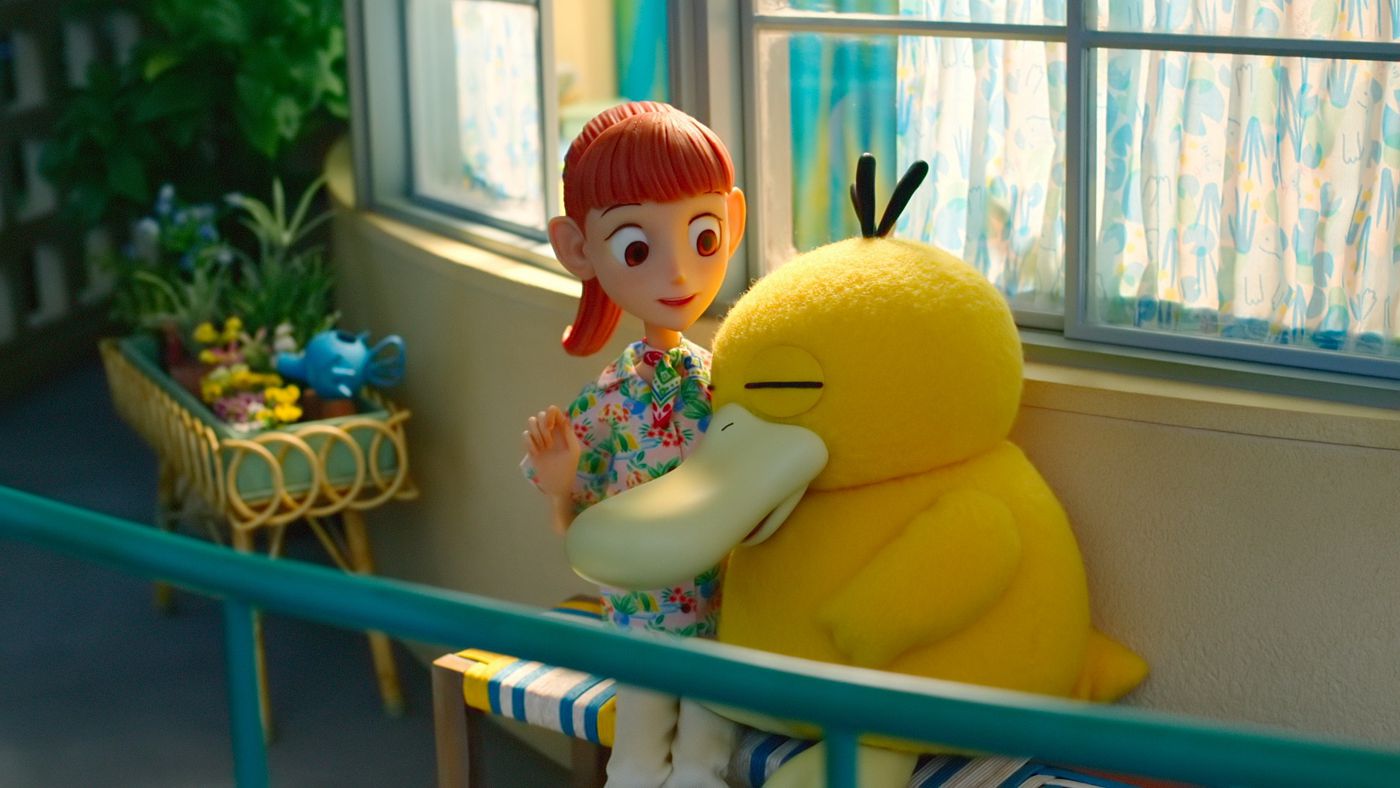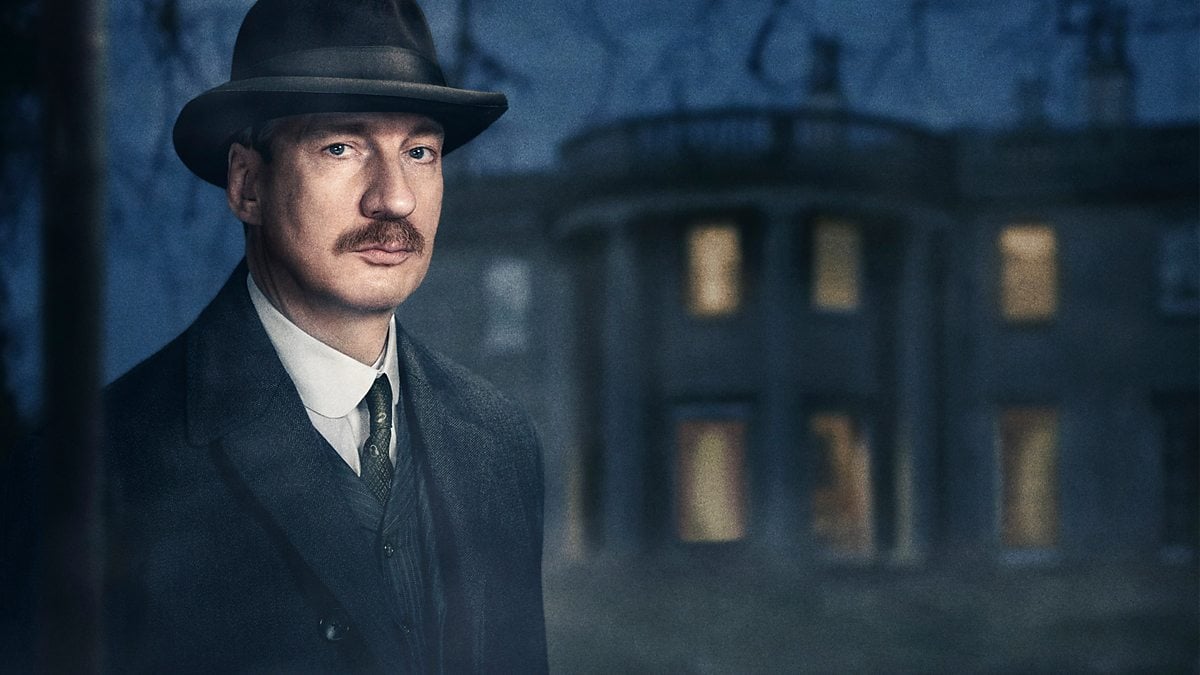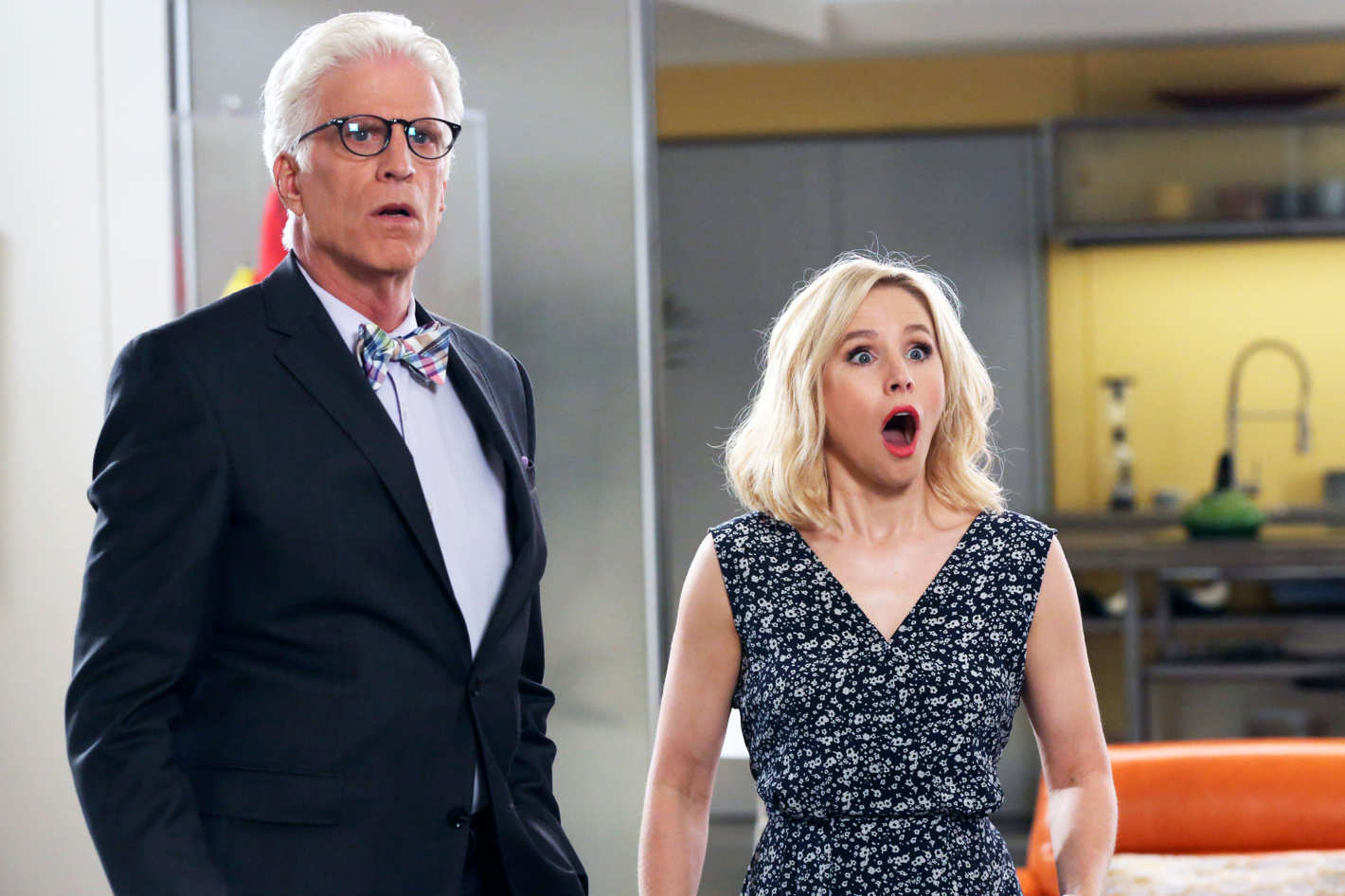Poetry is a masterpiece from one of South Korea's most cherished movie directors, Lee Chang-dong. The simple story follows the everyday life of a grandmother, Mija, who works as a caretaker for a living. To fill her inner emptiness, she decides to join a poetry club with other grandmothers in her neighborhood. Meanwhile, as Mija deals with her own financial and health problems, she struggles to connect with her teenage grandson — only to find out that he is keeping a dark secret. If you are familiar with Lee Chang-dong works, then you know that the movie will tug at your heartstrings. But if you aren't, prepare to be moved.
Genre: Drama
Actor: Ahn Nae-sang, Chang Hyae-jin, Eun-yeong Kim, Hee-ra Kim, Jang Hye-jin, Jeong-hie Yun, Kim Eun-yeong, Kim Gye-sun, Kim Hee-ra, Kim Hye-jung, Kim Ja-young, Kim Jong-goo, Kim Nam-jin, Kwon Hyuk-soo, Lee Da-wit, Min Bok-gi, Nam Joong-gyu, Park Hyun-woo, Park Myung-shin, Yoon Jeong-hee
Director: Chang-dong Lee, Lee Chang-dong


